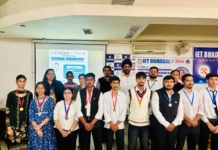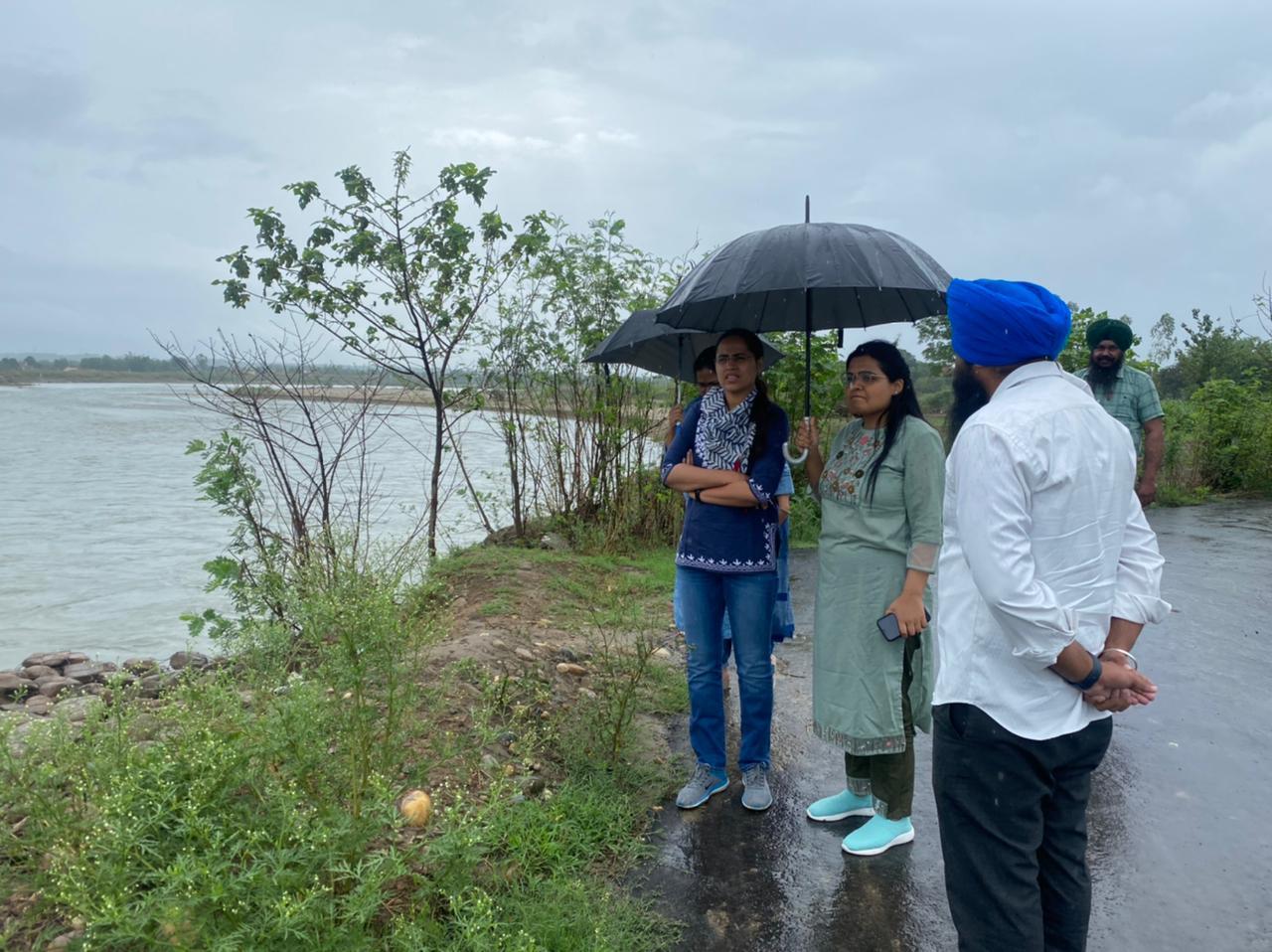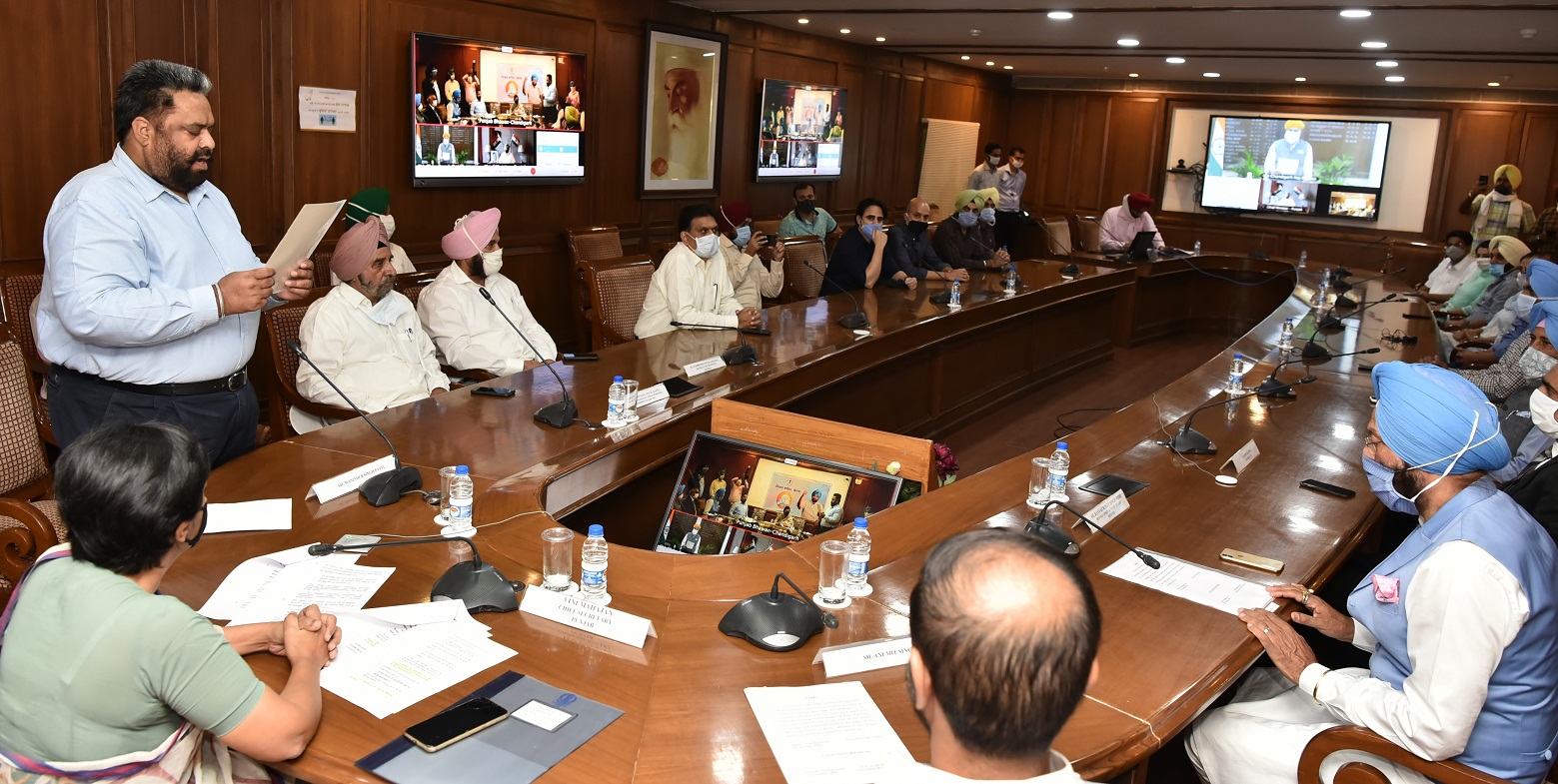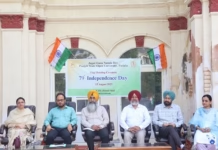Punjabi University conducted a study on “land reform laws in the state of Himachal Pradesh”
Kanwar Inder Singh/ royalpatiala.in News/ October 27,2023
Recent research conducted at the Department of Law, Punjabi University on the topic ‘A STUDY OF LAND REFORM LAWS IN THE STATE OF HIMACHAL PRADESH’ has brought out various aspects of the subject. Through this research conducted by researcher Kusum Verma under the leadership of Dr. Anupam Ahluwalia, an effort has been made to analyse the role played by various land reform legislations applicable in the state of Himachal Pradesh along with various policies, schemes and five-year plans to fulfill the constitutional mandate of equality and social welfare.
Researcher Kusum Verma told that she attempted to gather authentic information regarding actual position or progress brought about by various land reform enactments and policies by filing applications under the Right to Information Act, 2005 to the office of Directorate of Land Records and the Revenue Department of Himachal Pradesh.
She said that it is found that mostly data pertaining to land reform measures is not available with respective departments. For instance, when the researcher was trying to know the actual status of the Himachal Pradesh Nautor Land Rules, 1968, it was found that these rules were very praise-worthy piece of legislation as it tends to provide land to the landless and needy section of society.
The information provided by the Public Information Officers of various districts shows that complete data related to allotment of land is not available with revenue department. Districts of Lahaul & Spiti, Bilaspur, Kullu, Mandi, Chamba and Kangra responded positively and forwarded information related to land distributed under the Himachal Pradesh Nautor Land Rules, 1968. Revenue authorities of the rest of the districts did not provide any information. And one of the major drawbacks of such allotment of land was that the allotees later on sold plots of their lands after the prescribed time limits. Thus, the purpose of land reforms – for which that land was initially provided – was frustrated.
Another prominent loophole highlighted by the researcher in the practical implementation of all land laws is the measurement table which is not uniform, at not only the state level, but even at district levels. She has suggested that necessary steps must be taken to follow one measurement unit for the entire state by utilizing technology such as Geo-information tools for defining all boundaries of the state by use of satellite.

She also said that through the research it was also found that in the revenue records there is extensive use of urdu words. Such words or terms must be changed to Hindi or English language.
Supervisor Dr. Anupam Ahluwalia said that the tribal laws are bound by antiquated patriarchal customary law that allows only men to inherit ancestral property, if not bequeathed. So, the tribal women in Kinnaur and Lahaul-Spiti districts cannot inherit property in accordance with Hindu Succession Act of 1956. The concept of equality is nowhere when we go through the tribal land laws of the state.
The researcher has concluded that although the existing framework of laws and rules are good but there are technical escape clauses which prevent the judiciary as well by the administrative authorities from implementation of these reforms, thereby eluding the constitutional goals of equality, socio-economic justice and welfare.
She concluded that although land reforms have not brought about any revolutionary change in the agrarian structure of the state, yet it shall not be fair to consider them as an insignificant or futile exercise. Rather, it is worth mentioning here that the near absence of landlessness in the state is a positive outcome of the land reform measures adopted from time to time.
Vice Chancellor Prof. Arvind specially congratulated the supervisor and the researcher for this research and said that such researches are helpful in the appraisal and reality check in so far as the implementation of the relevant laws are concerned, which further help in policy-making.













